The role of the mineral constituents in water and their role in kidney stone disease (KSD) have been a long-standing subject of debate. Studies to date have had varying results regarding the importance of hardness of water which is mostly determined by its calcium content. Other elements including magnesium and bicarbonate also play a crucial role in prevention of renal stones.
Patients with stone disease are provided varying advice due to a lack of consensus on the types of water recommended. Increased fluid intake prevents stone formation and the literature suggests that hard water and bottled mineral water might be helpful for calcium stone formers.
High calcium content in them leads to hypercalciuria; however, other factors also influence stone formation and the overall impact seems to be a reduction in calcium stone formation. The mineral content varies across different water types but high magnesium and bicarbonate content in water is also recommended for kidney stone patients.
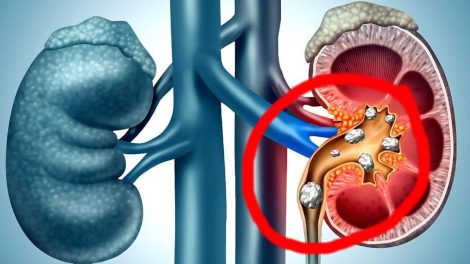
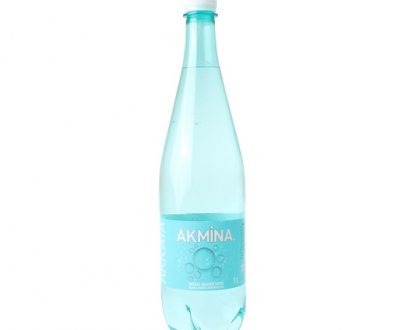
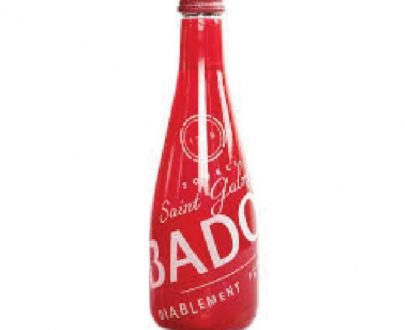
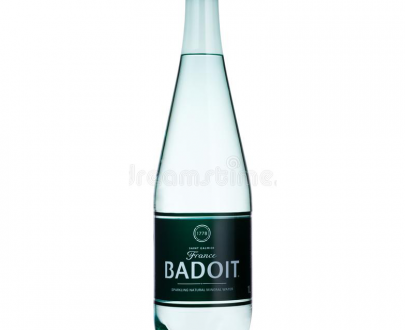
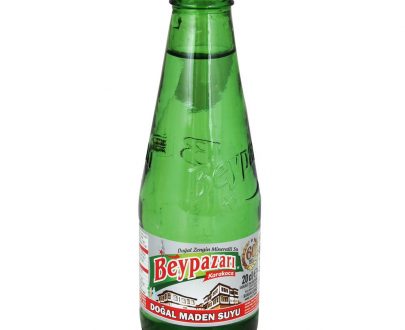
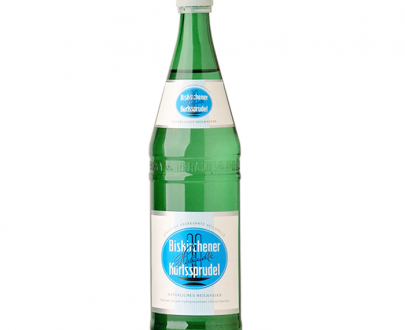
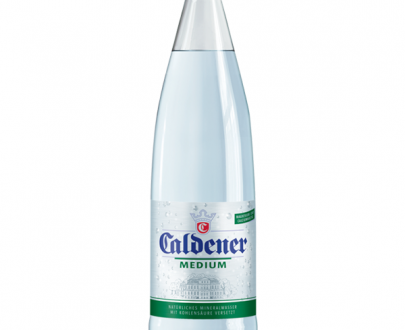
Reviews
There are no reviews yet.